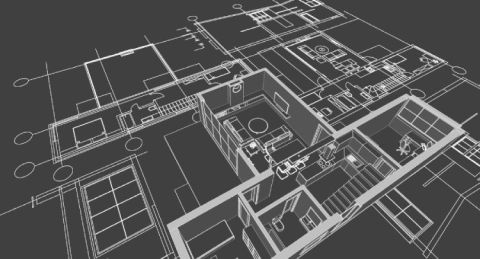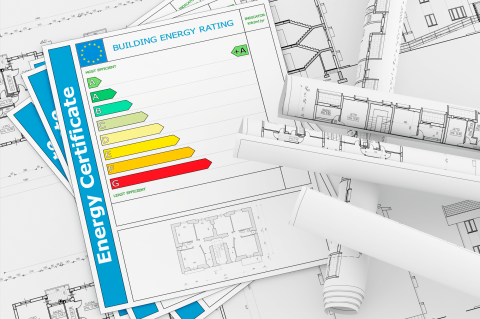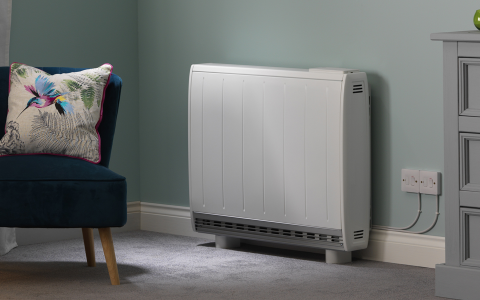The CCC’s June 2020 Emissions Progress Report
The Committee on Climate Change’s (CCC) most recent update on how the UK is progressing towards the achievement of emissions-based targets, such as net zero by 2050 and the carbon budgets, has certainly been listened to. There is no doubt that it influenced the Chancellor's recent Summer Economic Update and the decision to target a green recovery from the Covid-19 crisis.
So, what does the CCC see as the future of construction and what can be done to prepare for the changes this will make to HVAC specification?
We have summarised key industry insights in our 196-page report, structured by most commonly asked questions
Our report covers :
- How has lockdown affected the UK’s emissions progress?
- Has investment in low carbon solutions been shown to be commercially beneficial?
- Is the carbon tax scheme in London going to be applied to the whole of the UK? What does this mean for the development of upcoming regulation changes?
- Will Government address the cost difference between electricity and gas?
Our range of HVAC solutions aim to provide future proof technologies to building projects over various sectors.

Addressing Part L compliance with Dimplex electrical heating products
Adhering to Part L compliance with Dimplex heating products enables a house builder to more easily meet government requirements for energy efficiency and lower emissions. This means in the short term that projects can be completed on time. In the longer term, this will help ensure our Zero Carbon future.

Part L and the UK’s Zero Carbon Future
The global consensus of the science underpinning the ‘Paris Agreement’ that entered into force on 4 November 2016 recognises the need to get to zero carbon emissions. But changing how millions of people live is a rather special kind of problem - the forces that shape our lives exist on many different levels. More than anything, the barriers to change are psychological, social, economic and political.

Why Part L compliance is important to Dimplex
Electric heating is a popular system, especially useful for flats and apartments, student accommodation, care homes and social housing. However, electric heating systems have come under increasing pressure from building regulations, in particular concerning Part L.











